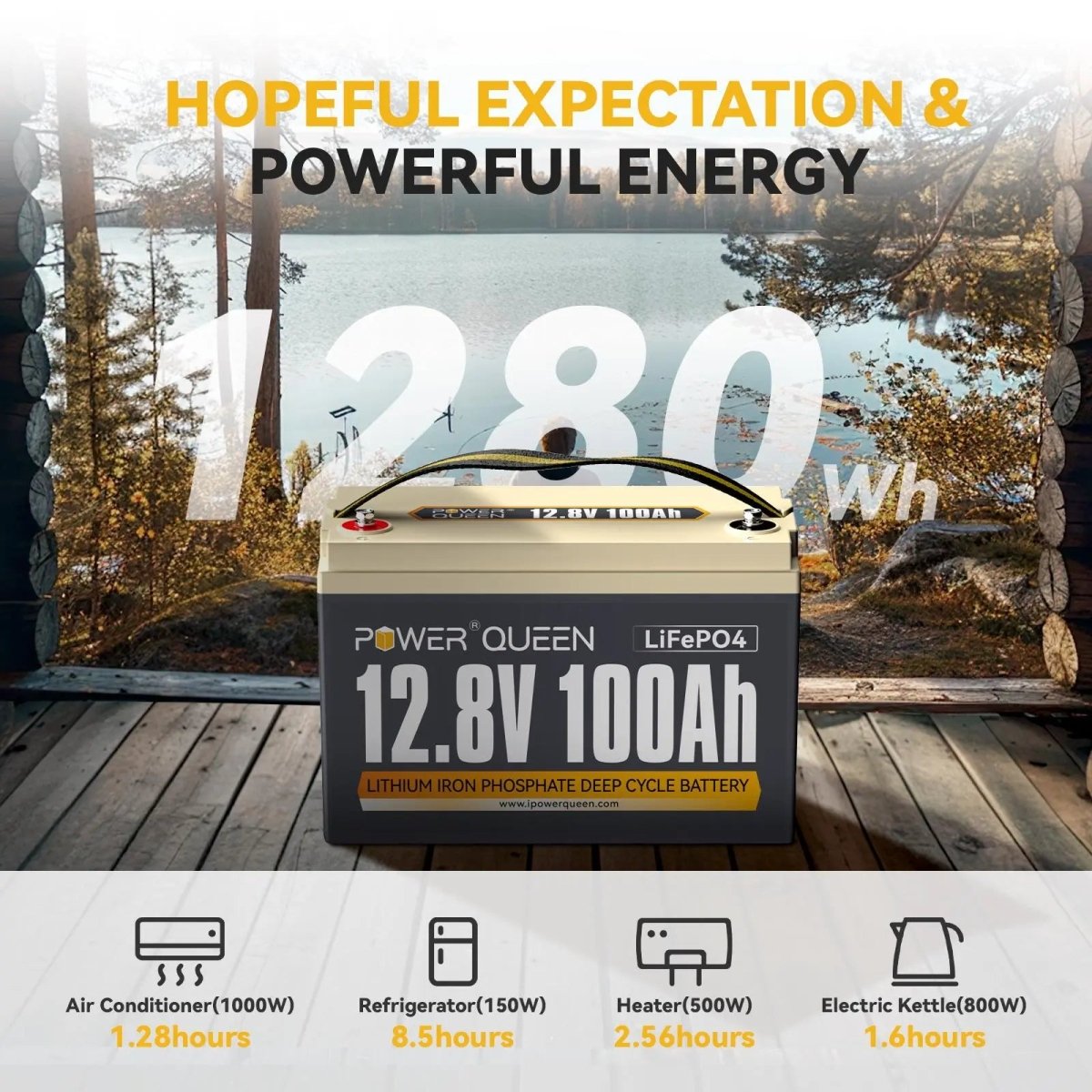Guest
Guest
Feb 14, 2025
8:25 AM

|

Lithium batteries are getting to be a crucial part of modern technology, powering many techniques from smartphones and laptops to electric vehicles and alternative energy storage systems. Unlike traditional lead-acid or nickel-cadmium batteries, lithium batteries offer higher energy density, longer lifespan, and faster charging capabilities. This brings about the best choice for many applications where efficiency and portability are key. The sales of lithium batteries has skyrocketed in recent times, primarily as a result of rapid continuing development of electric vehicles (EVs), portable electronics, and solar technology storage solutions. As technology advances, lithium battery performance is constantly on the improve, causing them to be an essential part of the future of energy storage.
The most significant aspects of lithium batteries could be high energy density, meaning they might store more energy in a compressed size in comparison with traditional battery types. This makes them suitable for small, lightweight devices just like smartphones, tablets, and wearable gadgets. Additionally, lithium batteries have a very low self-discharge rate, letting them retain power for extended periods without frequent recharging. A lot of the very theraputic for applications like medical devices, backup power systems, and emergency lighting, where reliability is crucial. The automotive industry has also embraced lithium battery technology, as EVs rely on lithium-ion batteries to deliver the necessary power for long-range, efficient performance. Furthermore, lithium batteries are used in solar powered energy storage systems, enabling homeowners and businesses to hold solar panel technology lower attachment to the grid lithium golf cart batteries.
Despite their several benefits, lithium batteries also accompany challenges and safety concerns. One major dilemma is the potential risk of thermal runaway, a scenario in which the battery overheats which enables it to catch fire or explode because of a short circuit or overcharging. That's why battery management systems (BMS) are required to evaluate temperature, voltage, and charging cycles, ensuring safe operation. Additionally, the mining and extraction of lithium, cobalt, as well as other rare materials used in battery production raise environmental and ethical concerns. A concentrating on sustainable alternatives far better recycling methods to minimize the impact of lithium battery disposal. Researchers may also be exploring solid-state lithium batteries, which promise improved safety and better energy capacity without the chance of leaks or fires connected with liquid electrolytes.
The future of lithium batteries looks promising, with ongoing advancements targeted at causing them to be more streamlined, longer-lasting, and environmentally friendly. Scientists are developing faster-charging lithium batteries that may reach full charge in a mere minutes rather then hours, which could revolutionize the EV industry. Additionally, solid-state lithium batteries need being the latest breakthrough, offering greater energy storage capacity and enhanced safety compared to conventional lithium-ion batteries. Recycling initiatives can also be improving, with new processes being developed to recuperate valuable materials from used lithium batteries, reducing the need for raw material extraction. As need for renewable power storage and electric transportation continues to grow, lithium battery technology will play the key role in shaping a sustainable and energy-efficient future.
|